Simpson (Piccadilly) playing cards
Innovative advertising pack for Simpsons of Piccadilly designed by André François.
When these cards were issued in 1953 (just 8 years after the end of World War II), André François’ designs must have seemed as bold and innovative as the building in Piccadilly housing the business they were advertising. Within white borders where the indices are placed are solid areas of red or black, against which the pips are picked out in white. The Kings are hobby-horses, the Queens hold hand-mirrors, while the Jacks play stringed instruments. The (double-ended) Joker is a jester on a quartered red and blue ground. The Ace of Spades shows the statue of Eros in Piccadilly Circus by night. According to John Berry’s description, a double-ended sketch of the Theatre Royal, Haymarket, seen from St James’ Square, adorns the backs. The cards have yellow edges. They are often to be found slightly bowed.
André François (1915-2005) was a Hungarian-born French artist and cartoonist who notably worked in the atelier of Adolphe Cassandre (1901-1968), creator of a famous pack for Hermès►
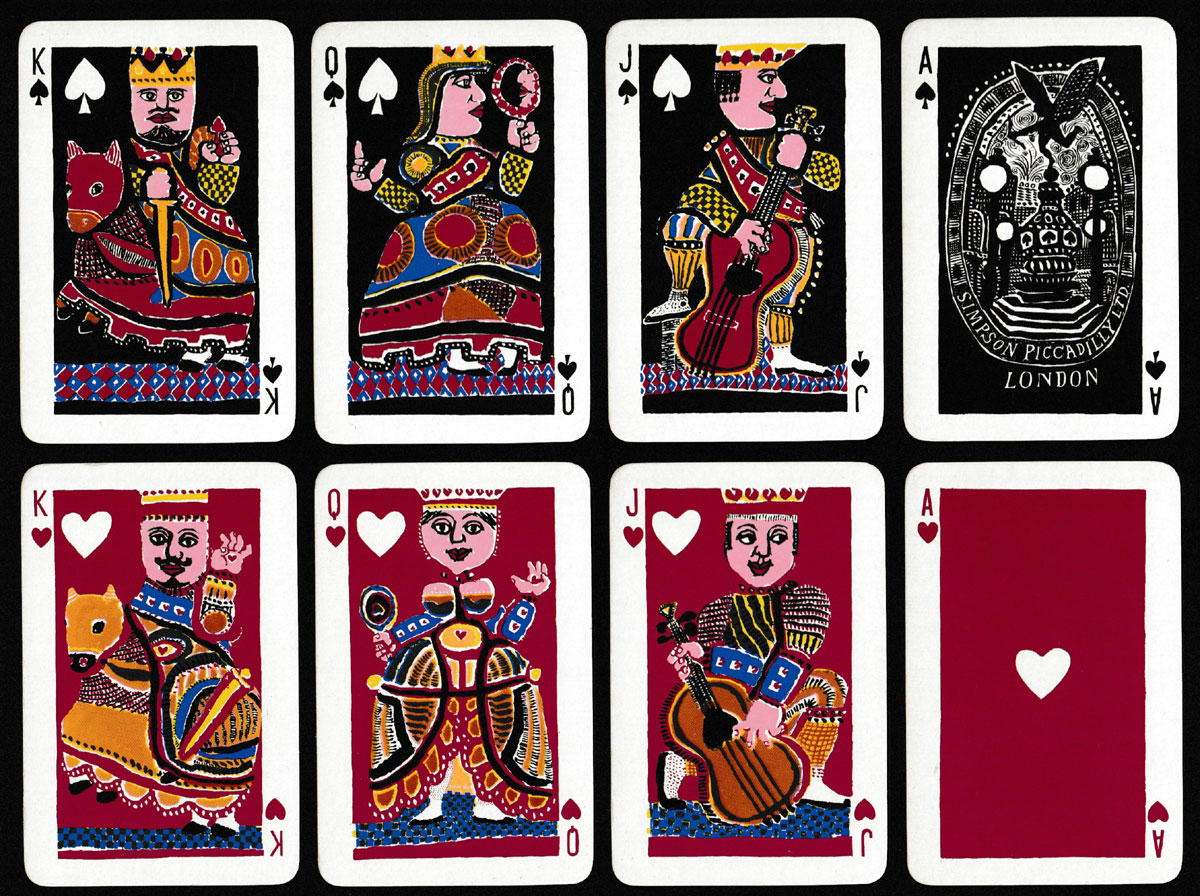
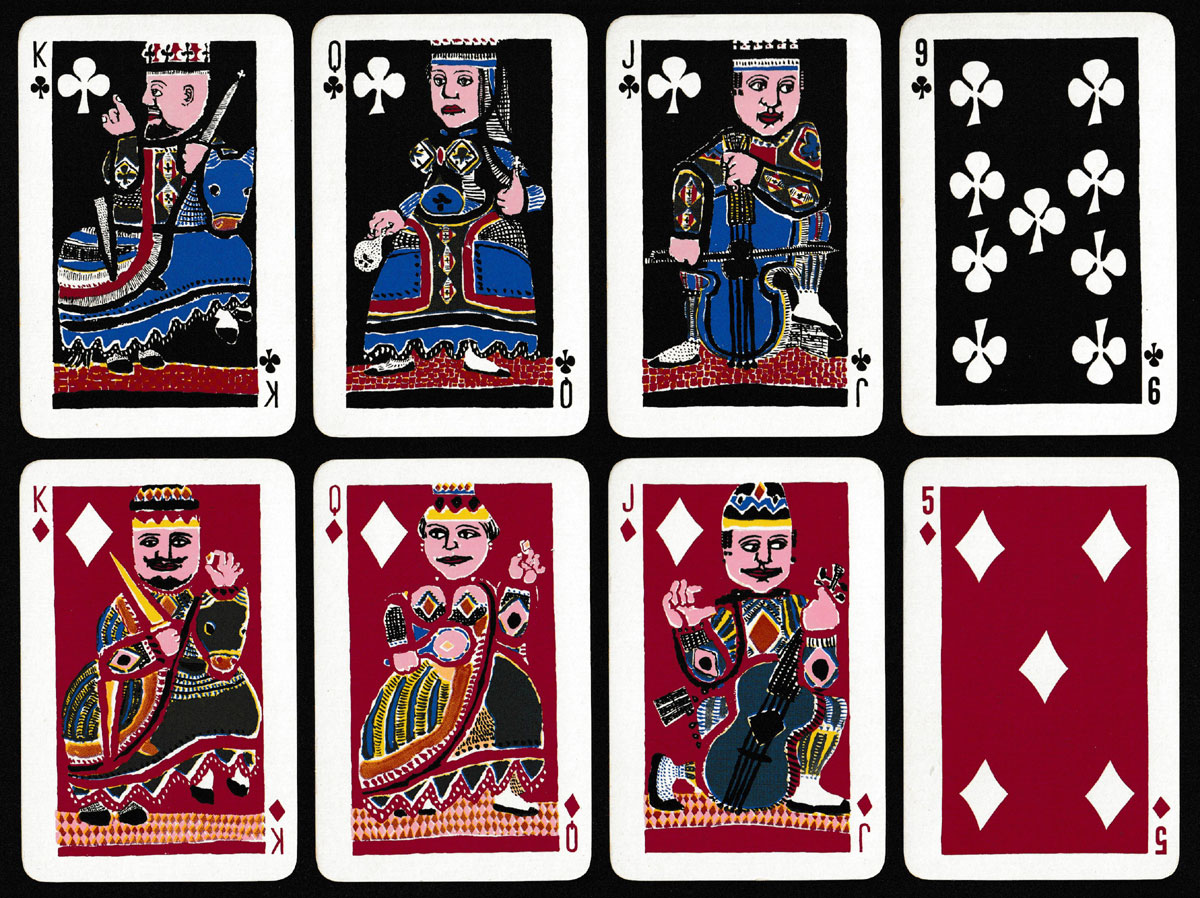
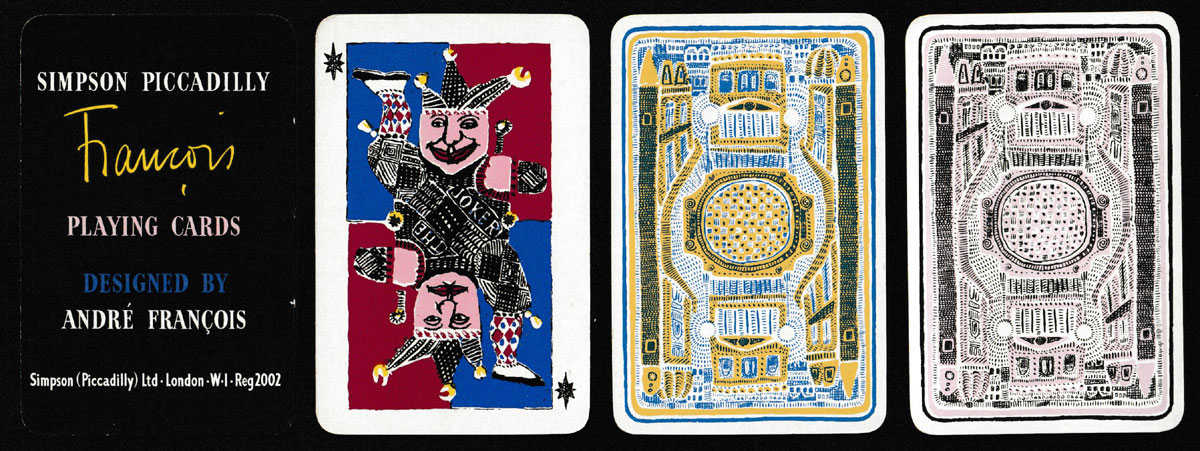
Above: Simpson (Piccadilly) playing cards designed by André François and made by Thomas De La Rue, London, UK, 1953. 2 x 52 cards + 2 (identical) Jokers + 1 title card, in slender black box with hinged lid. Size: 58 x 89 mm.
The Simpson building in Piccadilly was designed by Joseph Pemberton and opened in 1936. It was then the largest menswear store in Great Britain. Its distinctive non-reflecting concave windows at street level were the first in the country at that time. They have been retained by the current owners, Waterstones, the bookstore chain, as part of what is now their flagship store.
References
Berry, John. The Waddington Playing-card Collection, Part 1, W80.
Fournier Museum Catalogue, Volume I, British Isles 466.
By Roddy Somerville
France • Member since May 31, 2022 • Contact
Roddy started collecting stamps on his 8th birthday. In 1977 he joined the newly formed playing-card department at Stanley Gibbons in London before setting up his own business in Edinburgh four years later. His collecting interests include playing cards, postcards, stamps (especially playing cards on stamps) and sugar wrappers. He is a Past President of the Scottish Philatelic Society, a former Chairman of the IPCS, a Past Master of the Worshipful Company of Makers of Playing Cards and Curator of the WCMPC’s collection of playing cards. He lives near Toulouse in France.

Leave a Reply
Your Name
Just nowRelated Articles

Boddingtons Bitter playing cards
Cool-looking courts advertising Boddingtons Bitter, originally brewed in Manchester.

Leadmill playing cards
Promotional pack for an arts centre in Sheffield with designs by Martin F. Bedford.
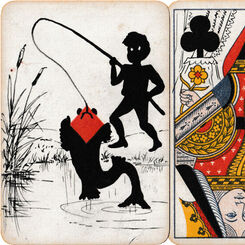
Hand-drawn transformation cards, c1875
A complete set of hand-drawn transformation cards from c1875, using a standard De La Rue pack.
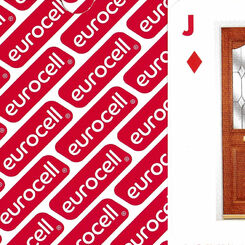
Eurocell® playing cards
Promotional playing cards produced by Eurocell® (UPVC window, door, conservatory and roofline system...
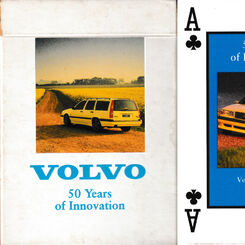
Volvo playing cards
Celebrating 50 years of innovation in Volvo car design.
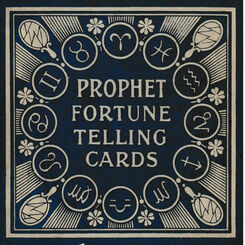
Prophet Fortune Telling Cards
Prophet Fortune Telling Cards copyright and made by Thomas de la Rue & Co., 1933.
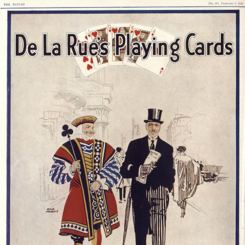
67: Adverts and related material after 1900
The final page of material relating to playing cards from British periodicals.
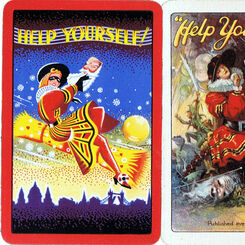
Help Yourself Society
The “Help Yourself” Society was formed in 1927 to run fundraising activities for hospitals.
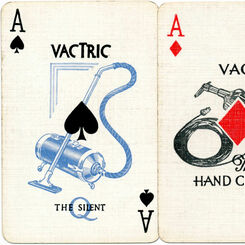
Vac-tric Electric Vacuum Cleaners
Vac-tric Electric Vacuum Cleaner playing cards manufactured by De la Rue, 1930s.
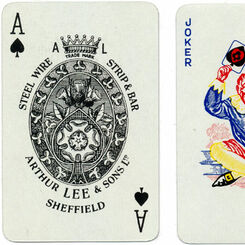
Arthur Lee & Sons Ltd
Advertising deck produced for Arthur Lee and Sons Ltd of Sheffield by Thomas De la Rue around 1958. ...
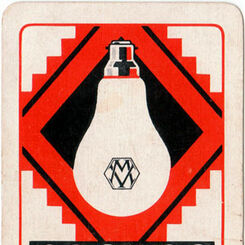
Brighter Families
“Brighter Families” promotional card game for Cosmos Lamps (Metrovick), 1930
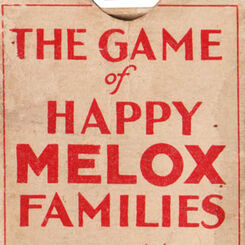
Happy Melox Families
The “Game of Happy Melox Families” was published by G. Clarke & Son of Thomas Street, London, in 192...
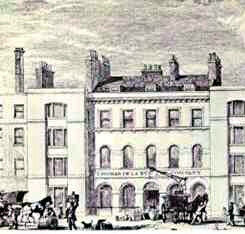
Draughts League Medals
Arthur Charles Prince worked for De la Rue as a playing card cutter and later was promoted to superv...
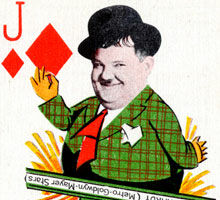
Film Star Playing Cards
Promotional playing cards for the Metro-Goldwyn-Mayer film company with film stars on the court card...
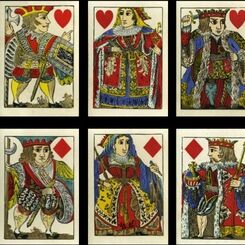
5: De La Rue
In December 1831 Thomas de la Rue was granted his patent for printing playing cards by letterpress.
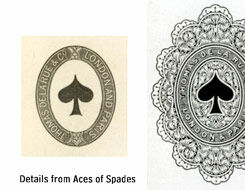
De La Rue Continental
During the latter part of the nineteenth century De La Rue produced two special packs of cards for t...

De La Rue
De La Rue introduced letter-press printing into playing card production and his patent was granted i...
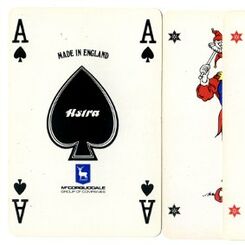
Astra Games
Astra Games was a subsidiary of the McCorquodale Group of Companies, producing playing cards during ...

Carreras Ltd Tobacco Advertising
Carreras issued a number of advertising packs, cigarette and trade cards, miniature packs, etc durin...

Waddington’s 1933 Trade Brochure
Waddington’s 1933 Trade Brochure.
Most Popular
Our top articles from the past 60 days


 Your comment here. Your comment here. Your comment here. Your comment here. Your comment here. Your comment here. Your comment here. Your comment here. Your comment here. Your comment here. Your comment here. Your comment here. Your comment here. Your comment here. Your comment here. Your comment here. Your comment here. Your comment here. Your comment here. Your comment here. Your comment here. Your comment here. Your comment here. Your comment here. Your comment here. Your comment here. Your comment here. Your comment here. Your comment here. Your comment here. Your comment here. Your comment here.
Your comment here. Your comment here. Your comment here. Your comment here. Your comment here. Your comment here. Your comment here. Your comment here. Your comment here. Your comment here. Your comment here. Your comment here. Your comment here. Your comment here. Your comment here. Your comment here. Your comment here. Your comment here. Your comment here. Your comment here. Your comment here. Your comment here. Your comment here. Your comment here. Your comment here. Your comment here. Your comment here. Your comment here. Your comment here. Your comment here. Your comment here. Your comment here.




















